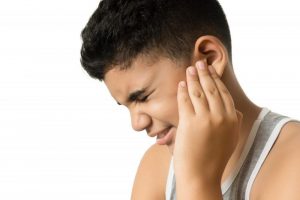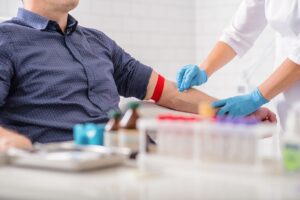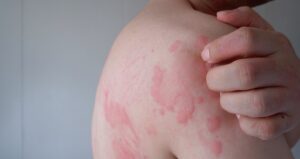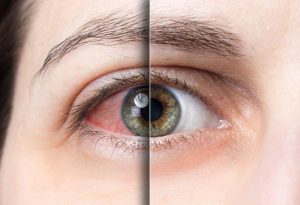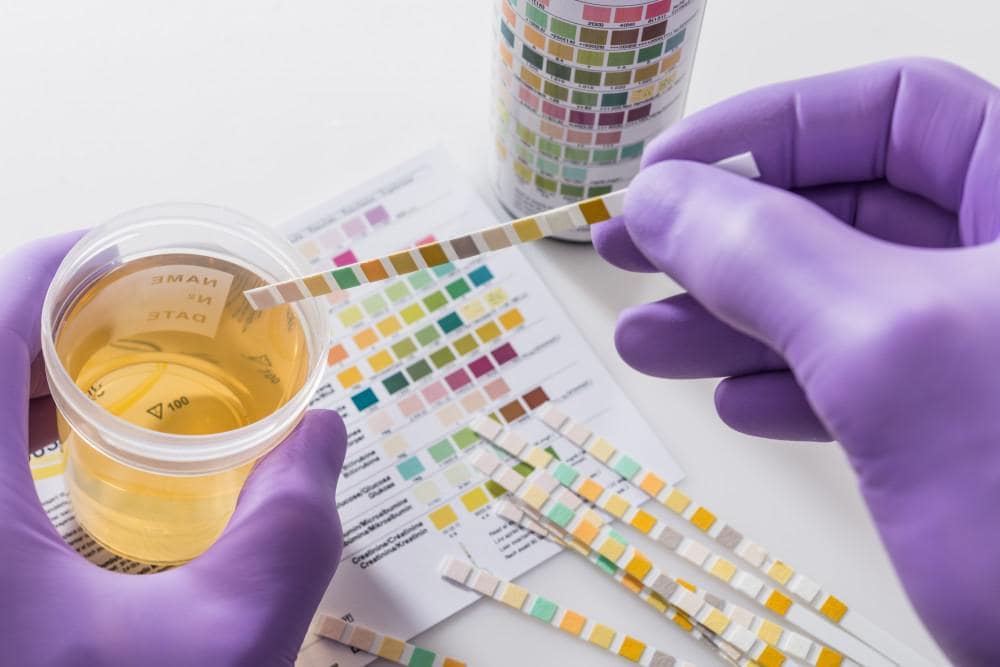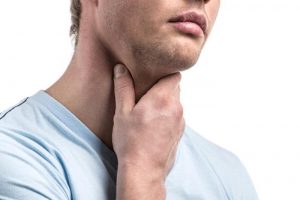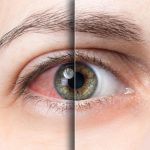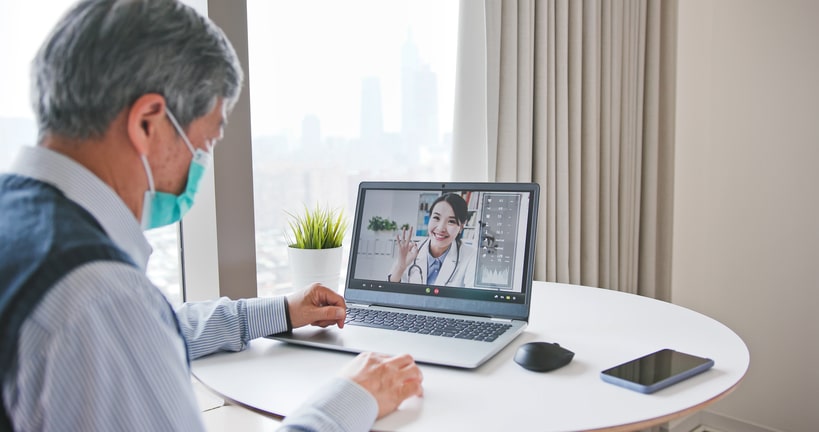A drug test is one of the most routine screenings available. Still, if you’ve never experienced the process yourself, you likely have questions about how it actually works.
Our team at Family Urgent Care is proud to professional drug testing. Here, we answer your most pressing questions about the ins and outs of a basic drug test.
Why do I need a drug test?
You might need a drug test for a variety of reasons. Most often, patients see us for a pre-employment drug test, especially if they’re up for a job where sobriety is critical to job function, such as driving, patient care, and operating heavy machinery. Employers may even ask for routine drug tests after you’ve been hired or shortly following a workplace accident to see if drugs or alcohol use were involved.
Similarly, athletes may need a drug test to prove they aren’t using performance-enhancing drugs. If you’re in a drug treatment program, your supervisor may ask you to be tested regularly. Some medical providers may ask for drug tests to see if you’re misusing prescriptions. We’ve even administered court-ordered drug tests to be used as legal evidence.
Sometimes drug tests are scheduled, other times you’re not given any notice, and a drug test is taken randomly.
How does a drug test work?
The most common way to test for drugs in your system is to collect a urine sample. In many cases, a healthcare professional is present with you while you provide your sample to make sure the urine is yours and isn’t contaminated. Blood draws are another way we might test for drugs.
It’s less common, but we can also find traces of drugs by taking a sample of your saliva, hair, or even your sweat.
Each type of test can detect a single drug or a group of drugs in the body. The most common substances these tests check for include:
- Alcohol
- Amphetamines, including methamphetamine
- Barbiturates, such as phenobarbital and secobarbital
- Benzodiazepines, such as alprazolam or clonazepam
- Cocaine
- Marijuana (THC)
- Opioids and opiates, such as heroin, codeine, oxycodone, morphine, and fentanyl
- Phencyclidine (PCP)
- Steroids
Drug tests can find traces of these drugs within hours to several days or more before your test. The type of drug, how much you used, how long you were using, and how your body reacts to the drug all impact how long it stays in your body.
Do I need to do anything to prepare?
You don’t have to do much to prepare for a drug test. If your employer or supervisor has any required paperwork for us to fill out, be sure to bring that with you.
You should tell us about any prescriptions, over-the-counter medications, or supplements you take as they may affect test results. Try to show up to your drug test well-hydrated so you can give a good sample, but don’t drink too much water or you risk diluting the sample.
Also, it’s a good idea to avoid foods with poppy seeds in them. Eating poppy seeds can cause opiates to show up on a drug test.
What do my results mean?
If your drug test comes back negative, it either means that drugs were not found in your sample or a very small amount of drugs were found, but not enough to be a positive test.
If you test positive, that means at least one type of drug was found in your sample. It also means there was enough of the drug(s) to suggest misuse. Typically, a positive drug test requires a follow-up test to make sure it wasn’t a false positive.
Don’t trust something as important as a drug test to anyone but an expert. Call any of our offices in the Lincoln Park neighborhood of Chicago or Schererville, Indiana to schedule your test today.






